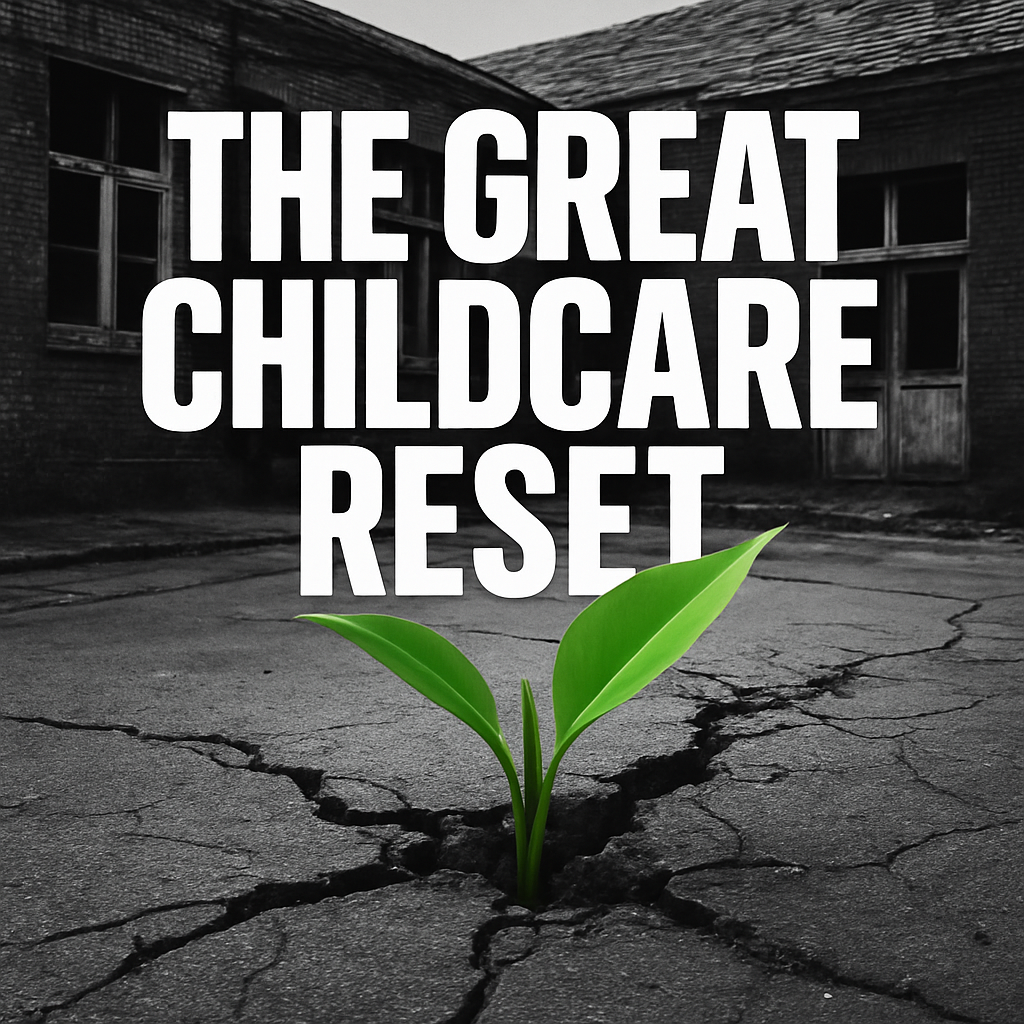Field Notes
Welcome to Field Notes – a mix of what I’m building, learning, and occasionally ranting about.
Design, doing, childcare reform, creative chaos – it’s all in here somewhere.
Think of this as a peek inside my browser tabs (the slightly more productive ones).
DESIGN THAT FEELS GOOD
Because when design works, people feel it.
A running series on what happens when design, emotion, and common sense finally start talking to each other…
Reinventing Kids’ Spaces – and My Accidental Design Career
I didn’t set out to be a designer.
I just wanted somewhere to take my kids that didn’t look like a hangover from a 1980s soft-play apocalypse.
That was the start of my accidental design career – a mix of chaos, crayons, and curiosity. I built what I couldn’t find: spaces that felt calm, intelligent, and human.
Design, I realised, isn’t about being clever – it’s about how you make people feel inside what you’ve made.
If a space can lower your shoulders, make your coffee taste better, or stop a toddler tantrum for even 30 seconds, that’s good design.
The funny thing is, that same principle now runs through everything I build – from nurseries to tech platforms.
Different tools, same goal: make people’s lives easier and make it look good while you do it.
Design Doers: Democratising Design
Design’s got a bad reputation for being a bit… smug.
Beautiful fonts. Big words. Endless mood boards.
But at The CFD, we think design belongs to the doers – the people fixing broken workflows, painting walls, building dashboards, or trying to make something simply work.
This piece kicks off our Design Doers philosophy: real creativity happens when you’re knee-deep in chaos, not hiding behind jargon. It’s about making good design accessible, democratic, and delightfully unpretentious – because beauty doesn’t need a brief, it needs momentum.
Why We Made Otii Cute (and Why Compliance Desperately Needed It)
Most compliance software looks like it was designed by someone who’s never smiled.
So we did the opposite.
We made Otii cute – soft shapes, friendly colours, gentle tone – because compliance doesn’t have to feel cold.
The childcare sector is run by humans, not robots. Who play with kids all day.
If you make people feel safe, supported, and seen, they’ll do their best work.
Design is emotional infrastructure.
It’s not about screens – it’s about state of mind.
FIXING CHILDCARE (FOR REAL)
Because the system’s broken – and we’re done pretending it isn’t.
The Great Childcare Con – Part One
Let’s call it what it is: childcare in the UK is a con.
Parents can’t afford it, providers can’t survive it, and the people holding it all together are earning less than the cost of a week’s groceries.
Part One of The Great Childcare Con dives into the uncomfortable truth behind our so-called “early years system” – why it’s been designed to fail, who benefits from that failure, and how we got here.
It’s not polite. It’s not polished. But it’s the reality most of us have been quietly screaming about for years.
The Great Childcare Con – Part Two: Now What?
This is where I stop ranting and start building.
Because if the current model doesn’t work, we might as well invent a new one.
Part Two looks at how we can actually fix things – from smarter funding and reform models to ideas like the National Childcare Corps and the Otii platform. It’s big-picture thinking meets real-world practicality: the kind of innovation the sector’s been begging for.
If Part One was the diagnosis, this is the treatment plan.
The New Ofsted Scorecard: What It Means and Why It Matters
Ofsted’s new scorecard is here – and let’s be honest, everyone’s pretending to understand it.
This breakdown from Otii does what Ofsted never quite manages: makes it make sense.
We decode what’s changed, what’s hidden between the lines, and how providers can stop living in permanent inspection panic mode.
It’s not another piece of policy jargon – it’s your plain-English guide to staying ahead without losing your mind.


